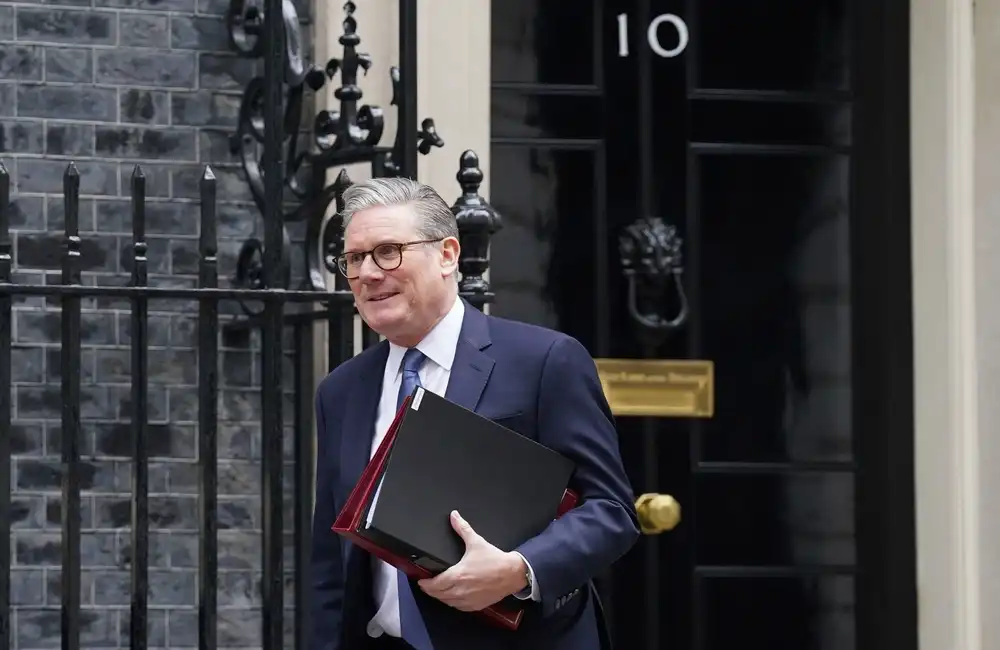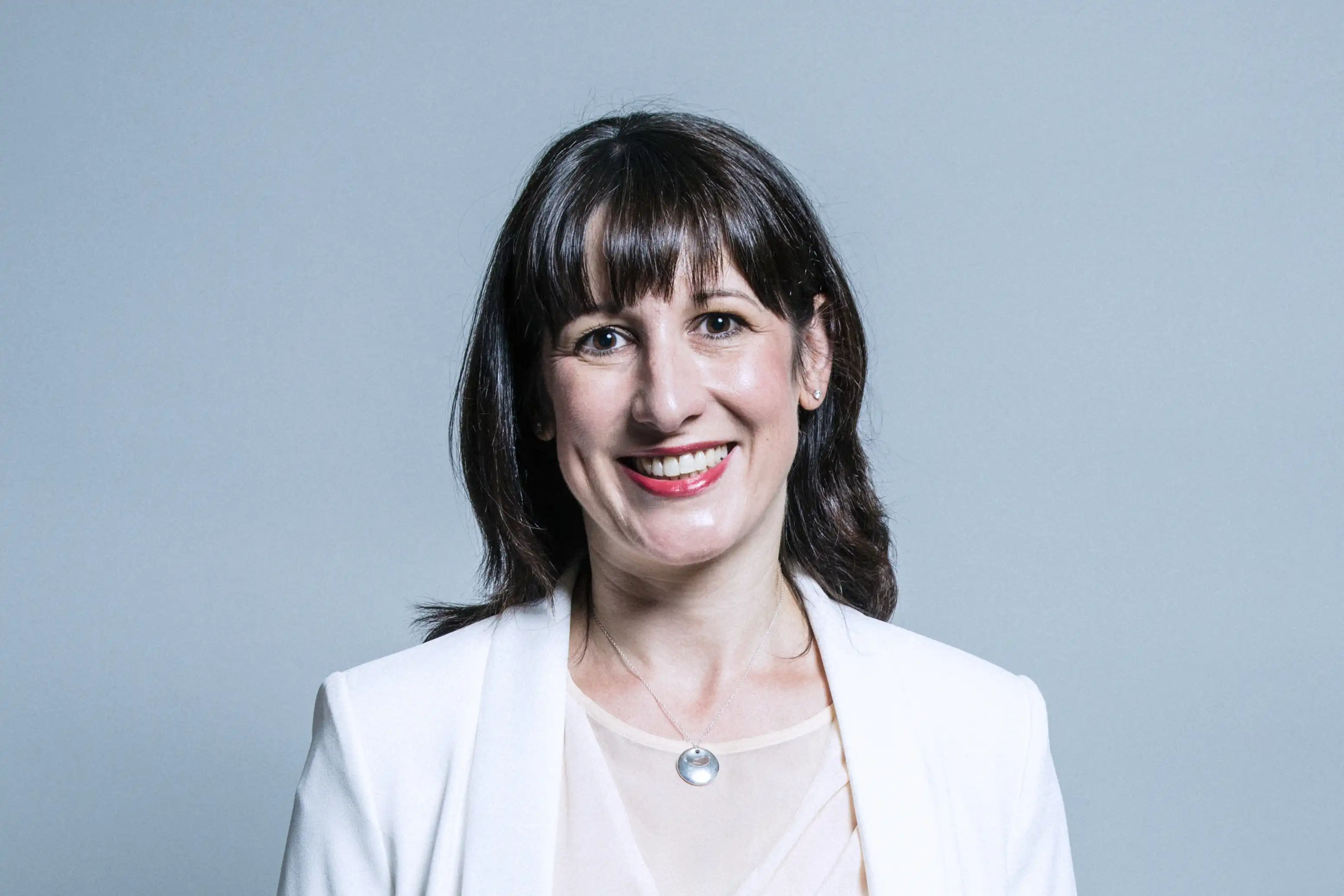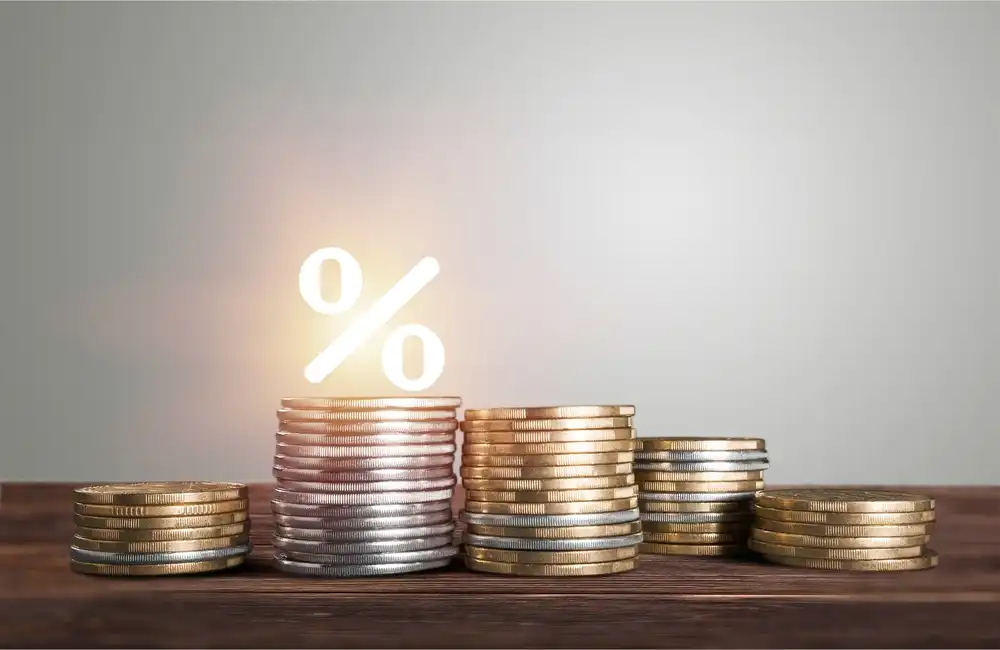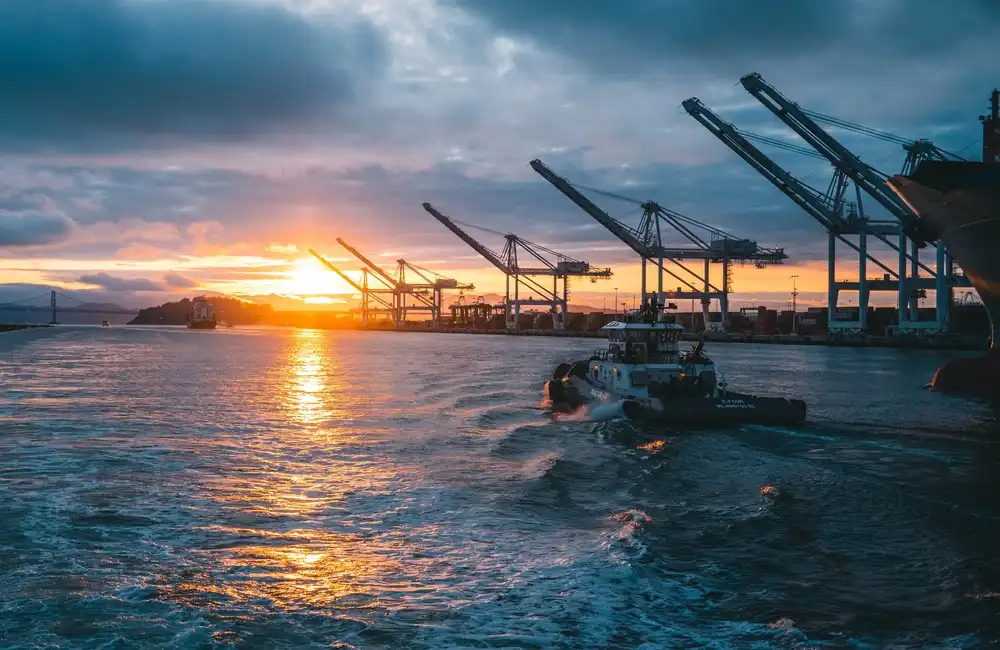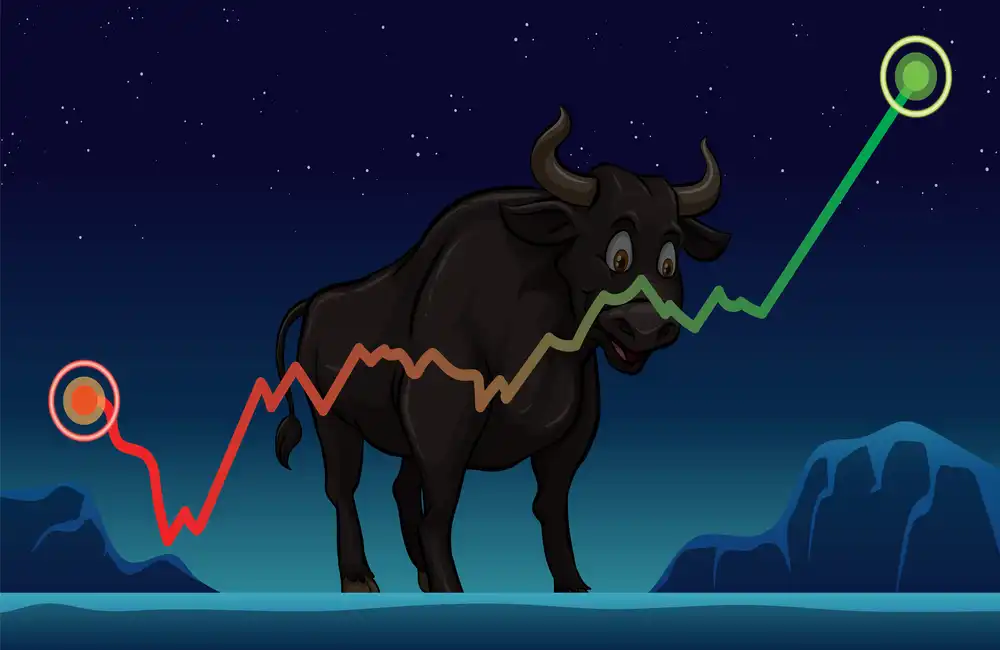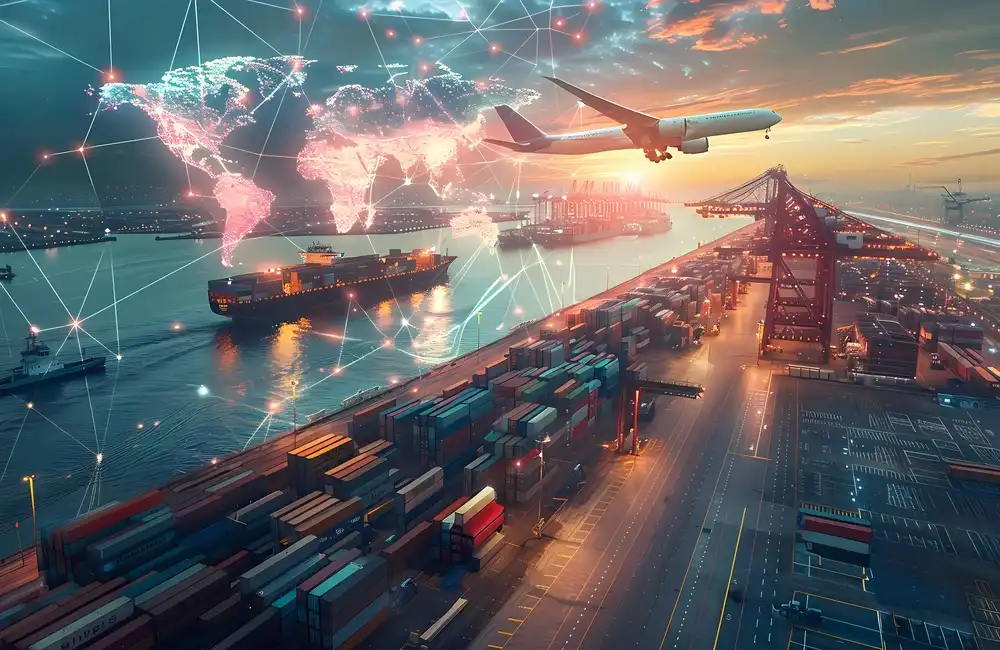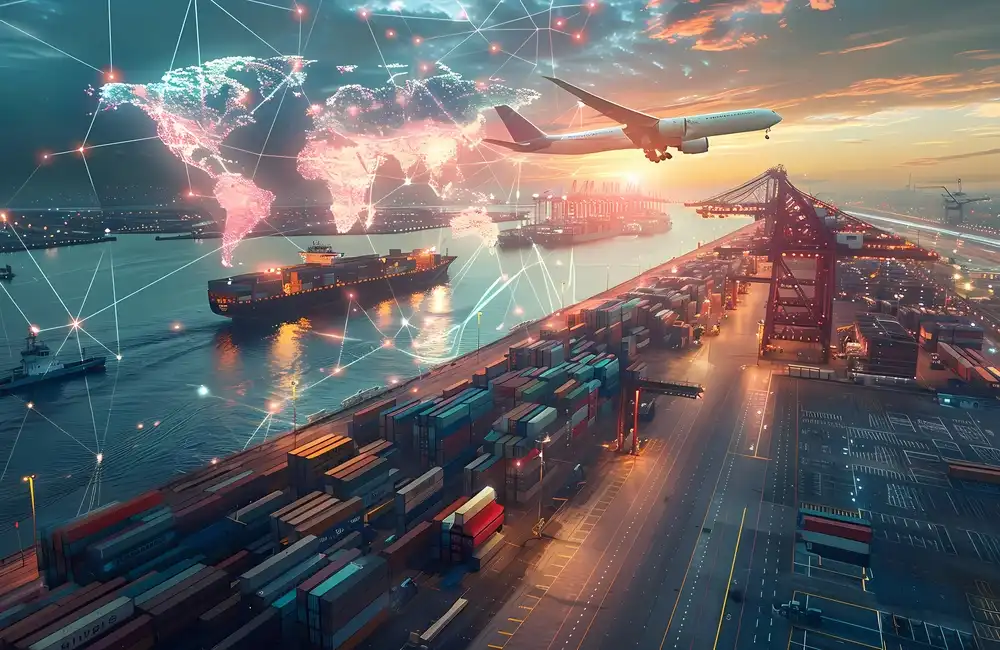The term “securonomics” has recently entered the political lexicon, representing a blend of security and economic policy that prioritises investments in resilience, supply chain stability, and infrastructure.
Shadow Chancellor Rachel Reeves framed securonomics as a pragmatic response to geopolitical tensions and climate risks, while pledging fiscal discipline.
Key Takeaways
National Resilience Investments
Reeves called for more funding in energy independence and critical infrastructure to shield the UK from external shocks.
Fiscal Responsibility
She emphasised balancing the books and maintaining discipline as foundational to any long-term security strategy.
Supply Chain Security
Reeves stressed supporting domestic industries to reduce reliance on fragile global supply chains.
Political Context
Reeves’ comments align with Labour’s narrative to appear progressive yet pragmatic before the next general election.
By prioritising securonomics, Labour seeks to distinguish itself from Conservative austerity and reassure voters about fiscal competence.
Market Reaction
UK gilt yields held steady, reflecting confidence in fiscal restraint, while sterling edged higher against the dollar on cautious optimism.
Expert Commentary
Dr. Helen Foster, LSE
Foster praised securonomics as timely but warned that avoiding excessive borrowing requires astute prioritisation.
Implications for Investors
Portfolio managers may shift towards renewable energy, sustainable infrastructure and domestic supply-chain companies under Labour’s resilience agenda.
Conclusion
Reeves’ securonomics could become a hallmark of Labour’s economic platform, balancing resilience-building investments with fiscal prudence.


